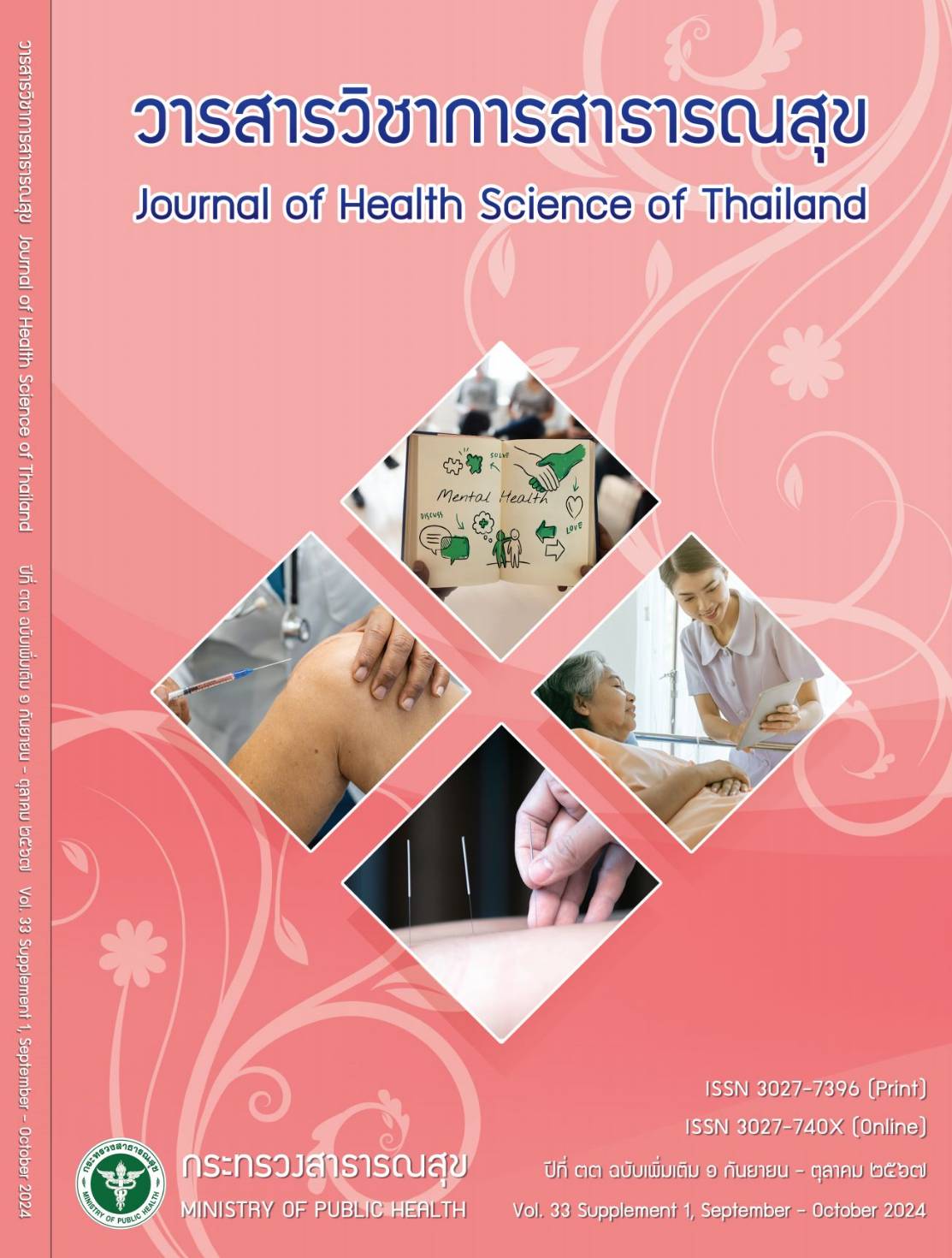Assistive Devices Used in Daily Living, User’s Satisfaction and Psychological Impact on the Devices of Persons with Mobility Disabilities
Keywords:
persons with disabilities, assistive devices, activity of daily living, satisfaction, psychological impactsAbstract
This survey study aimed at studying the use of assistive devices, user’s satisfaction with devices and
services received from governmental sectors, and psychosocial impacts on the devices of persons with
mobility disabilities. Altogether 418 participants were included from 10 provinces following the multistage
sampling. A questionnaire, the Quebec user evaluation of satisfaction with assistive technology
(QUEST 2.0) and the Psychological Impact of Assistive Devices Scale (PIADS) were administered.
The results showed that the top-four assistive device types used by the participants were wheelchairs
(60.77%) walking aids (46.41%) cushions (13.40) and lower limb prostheses (11.72%), respectively.
The participants were quite satisfied with the assistive devices received from governmental sectors
(mean 3.67, SD 0.77) as same as services (mean 3.59, SD 0.92). Weight, durability, and efficiency
of the devices were at lower satisfaction level than other items of assistive device issues. Considering
service issues, service system, repairs and maintenance services, and follow up were lower satisfaction
level than other items. Additionally, 66.15% of the participants indicated that the assistive devices had
positive psychological impact. 23.26% of those indicated that they had no impact. Other 10.60% of
them specified that they had negative impact. Regarding different types of devices that the participants
use, it showed that all of those had positive psychological impact on the tree sub-scores (competency,
adaptability and self-esteem). The results may be taken into consideration for improving assistive device
service system to response to user’s needs. Development of repair, maintenance and follow up services
might support persons with disabilities to use assistive devices continuously and efficiently.
Downloads
Downloads
Published
How to Cite
Issue
Section
License

This work is licensed under a Creative Commons Attribution-NonCommercial-NoDerivatives 4.0 International License.







